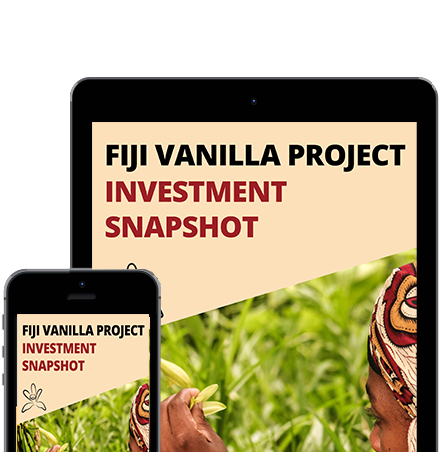Why there is a worldwide shortage of vanilla
As seen in The Economist
by C.D
VANILLA is one of the world’s most popular spices and an important ingredient in products ranging from chocolate to perfume. But it is getting harder to find. Vanilla-rich foods like ice cream have been removed from shelves or become pricier. Chefs are making what they have go further. The wholesale price of vanilla has reached $500-600 per kilo, when just a few years ago it fetched a tenth of that. What is happening
Madagascar supplies 80-85% of the world’s natural vanilla. In the 19th century the French introduced Bourbon vanilla, a tropical vine orchid native to Mexico and parts of South America, to their African island colony. Vanilla represents 20% of Madagascan exports, worth around $600m at current prices. But it is a difficult crop to grow. A vine takes three to four years to mature, or two if grown from a large, good-quality cutting. The flowers open for just one day a year, so pollination is done by hand. Nine months later the green beans must be hand-picked when perfectly ripe to optimise their vanillin content (the compound that gives vanilla its flavour). Harvest lasts from May in northern Madagascar to August in the middle of the country, after the rainy season has brought the usual cyclones. Months of blanching, sweating and gradual drying in the sun are then necessary to produce the aromatic spice. Six hundred hand-pollinated blossoms yield about six kilos of green beans, which convert to one kilo of dried beans.
The price of Madagascar’s vanilla was once set by the government, which formed a sort of vanilla cartel with nearby Comoros and Réunion. But such were the prices it demanded for vanilla that in the 1980s buyers turned their attention to the cheaper, poorer-quality version available elsewhere—in particular Indonesia. Madagascar’s government was eventually forced to end its price-fixing regime. Exacerbating the pressure, food giants such as Unilever, Mondelez International and Nestlé also increased their use of synthetic vanillin, which can be produced from reliable sources such as wood pulp and petroleum.
As a result, for 20 years Madagascar’s vanilla farmers earned just a pittance, and many ended up leaving the business. But even with fewer producers the price of natural vanilla stayed low, suppressed by the availability of synthetic vanillin. It was not until public tastes started shifting towards all things natural that farmers’ fortunes revived. From around 2011 some manufacturers began focusing once more on natural vanilla (while also changing their recipes to achieve the synthetic tastes with which consumers had grown familiar). In 2015 Nestlé announced plans to use only natural ingredients in five years, and others like Hershey’s followed suit. Demand has therefore surged, and with it prices—in part because vanilla vines take years to mature, and natural supplies are insufficient. Extreme weather, weak crop-security, and exporters who hoard inventory and speculate on further rises have also kept prices high.
This rise has not been without its challenges. To prevent theft of their now rather valuable crops, farmers have taken to harvesting the beans early, before they are mature, thereby reducing the overall quality of the crop. The situation should improve by next year, as the larger crop that was planted in response to increased demand comes to market. At the same time, the government needs to make greater efforts to enforce penalties for anyone caught dealing in unripe beans before the regional calendars allow. That would persuade farmers to leave beans on the vine until they are mature, improving both quality and yield. If it manages this, Madagascar could yet savour the benefits of its near monopoly.
This scarcity provides an excellent opportunity to focus on ensuring a stable supply of vanilla beans for a sustained, long term demand outside of Madagascar, with Fiji perfectly positioned.
Interested in learning how you can invest in the vanilla boom through Vanilla Plantations Fiji ? Click one of the links below.
FIJI VANILLA PROJECT
INVESTMENT
SNAPSHOT


